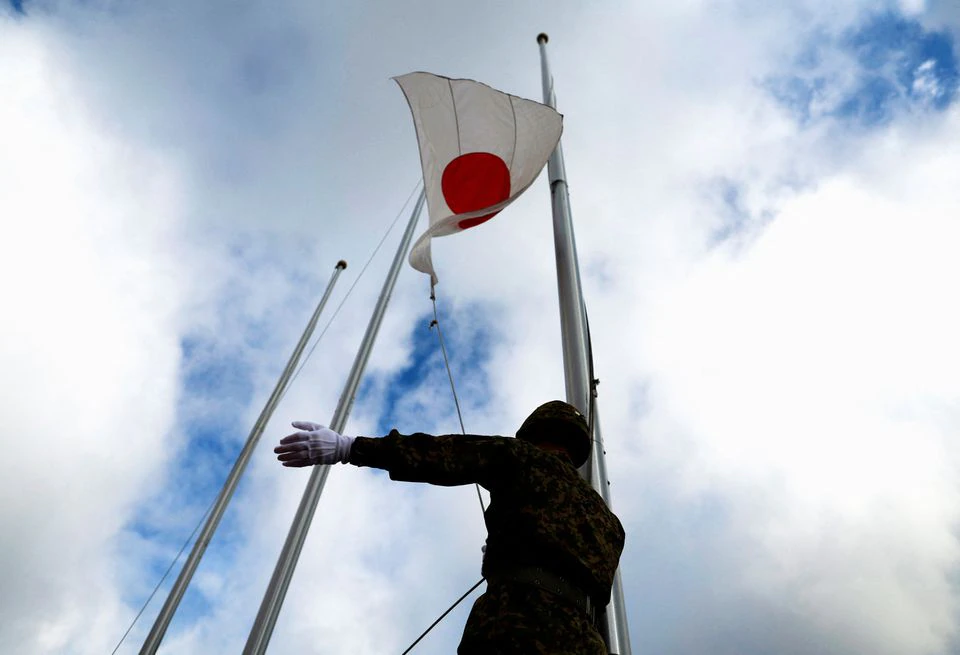
Seihan Nakazato wants the missile trucks on the base next to his melon farm to depart, but he laments that few others on Okinawa’s Miyako island want Japan’s army to withdraw such weapons, which he claims would make them a target for China.
‘We’re a small town with a lot of complicated relationships,’ Nakazato, 68, said as he stood next to one of the greenhouses he fears would be destroyed. ‘Some islanders work for the base, while others have military relatives.’
On Sunday, when Nakazato harvests his melons on Japan’s vital border outpost, Okinawa celebrates 50 years since the United States ended its occupation, raising hopes for a return to normalcy after World War II devastation. However, the East China Sea island chain, which, together with Taiwan, encircles Beijing’s armies, is concerned that it may once again become a battleground.
‘We are concerned about assertions by national parliamentarians that a Taiwan contingency would be a Japan contingency, as well as recent debates that appear to presume Okinawa would be involved in an armed confrontation,’ stated Okinawa Governor Denny Tamaki during a press conference on May 6. The prefecture has a population of 1.4 million people, the majority of whom live on the main island of the same name.
The Russian invasion of Ukraine has heightened those fears, with Japanese Prime Minister Fumio Kishida warning of Asia’s security vulnerability.
Japanese legislators from Kishida’s party have also stated that attack missiles should be added to the country’s arsenal, a weapon that may be used against Okinawa.
China, which spends nearly five times as much on defence as Japan, claims to have peaceful goals in the region.
‘In the event of a war or conflict between Japan and China, Okinawa will be the front line,’ said Masaaki Gabe, an emeritus professor at the University of Ryukyus on Okinawa’s main island, who described himself as an insecure 17-year-old when the US occupation ended.
‘The insecurity feeling persists after 50 years,’ he remarked.

Post Your Comments